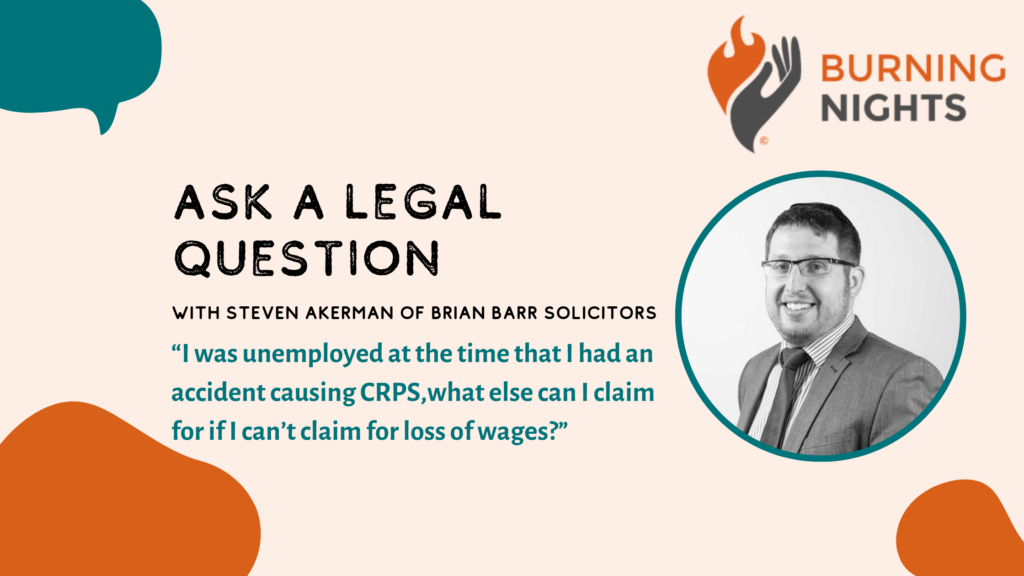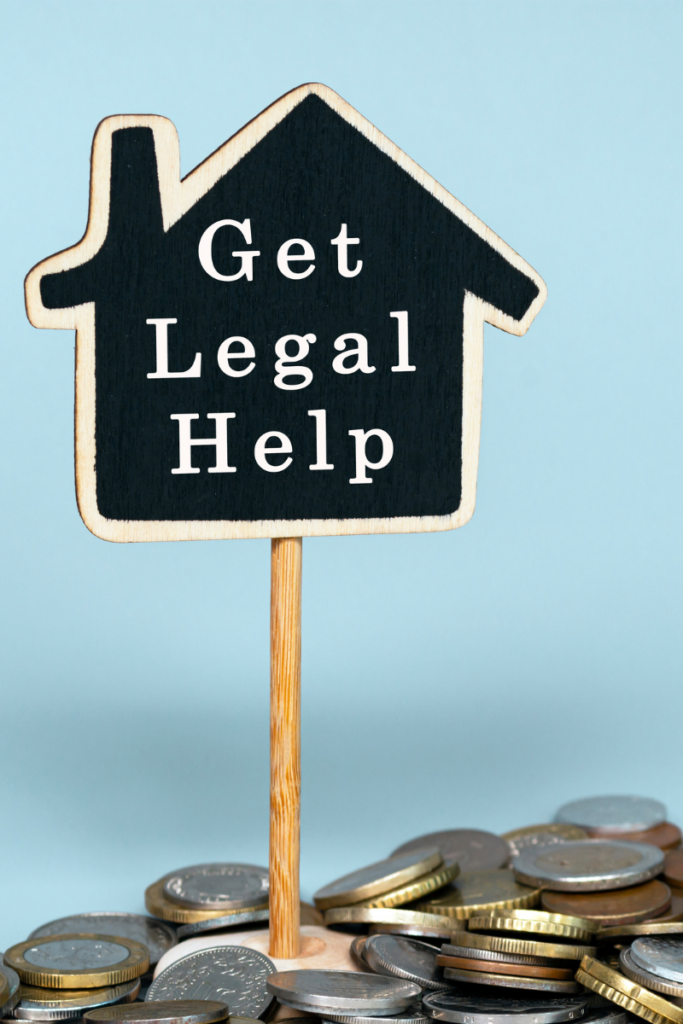If you have been diagnosed with CRPS and are finding it difficult to break the news to your family, find tips in this blog post.
Just like many other illnesses, complex regional pain syndrome (CRPS) can be extremely difficult to explain to members of the family; not only is the condition extremely complex, it’s also misunderstood by many. As well as affecting the patient’s everyday life, the illness has the power to negatively affect the lives of those surrounding them, particularly family. As we all know, it’s extremely difficult to watch a family member ill or in pain, so when a family member has been diagnosed with CRPS, everyday life is affected in many ways; as a chronic pain syndrome, CRPS is known for causing excruciating pain, something we know all too well as a law firm with experience in handling CRPS compensation claims. If you have recently been diagnosed with the condition and aren’t sure how to tell your family the news and help them understand your situation, continue reading.
First of all, it’s important to remember that some days will be good and some will be bad, which is why it’s so difficult to make plans with friends or family. On bad days, the last thing you’ll want to do is leave the house and socialise; instead, you’re going to want to close the curtains and hibernate until your symptoms subside. This is why it’s so important to make sure your loved ones fully understand CRPS, and the severity of it, so you’re able to cancel plans easily without worrying about offending anyone.
It’s extremely difficult to make people understand something that a) they have never experienced for themselves and b) have never heard of before. CRPS is poorly understood by many, including medical professionals, it’s common for people to say they know nothing about it. As a sufferer, you should use your knowledge and understanding of the condition to spread the word and educate those around you. When introducing your family to the ins and outs of CRPS, sit them down and walk them through an informative website that’s dedicated to providing all-there-is-to-know information about the disease. Examples include the following:
https://www.burningnightscrps.org/
https://www.ninds.nih.gov/Disorders/Patient-Caregiver-Education/Fact-Sheets/Complex-Regional-Pain-Syndrome-Fact-Sheet
https://www.nhs.uk/conditions/Complex-Regional-Pain-Syndrome/Pages/Introduction.aspx
At Brian Barr, we handle CRPS compensation claims on a regular basis and, as a result, are extremely knowledgeable of the condition.
Make a start by pointing out the basics; read the definition of CRPS, medical definition, signs, and symptoms aloud. Help them to understand what you go through on a daily basis by describing your specific symptoms and how the condition affects you, and ensure they understand that no two cases are ever the same and symptoms vary from patient to patient. This way, your loved ones will be more understanding of the discomfort you feel everyday, even if they can’t feel it themselves.
Collect brochures from your local doctor’s office or hospital and leave them with your family, so they can read up on the condition in their spare time. Afterwards, give them a chance to ask questions, even if they think they’re silly questions to ask; it’s not uncommon for people to confuse CRPS with other chronic pain conditions, such as fibromyalgia, so make sure all their questions are answered.
Although it may seem difficult to make someone understand a condition that they have never experienced for themselves, it isn’t impossible. If you have an understanding family, they will make an effort to read up on the condition and be more empathetic towards you and your life with CRPS. Keeping the condition to yourself is not good for your health; being able to vent and discuss CRPS openly is important for your health, which is why it’s so important to share your diagnosis with those who are close to you. If you’re still finding it extremely difficult to talk to your loved ones after reading this blog post, or feel you could be owed CRPS compensation, get in touch with us, fill in our online contact form, or send a message to our Facebook page.
We do not endorse any research, studies or sources mentioned within our blogs and comments. Furthermore, we do not endorse any medical advice provided, and would strongly recommend anyone seeking medical advice to contact their local healthcare provider.

















